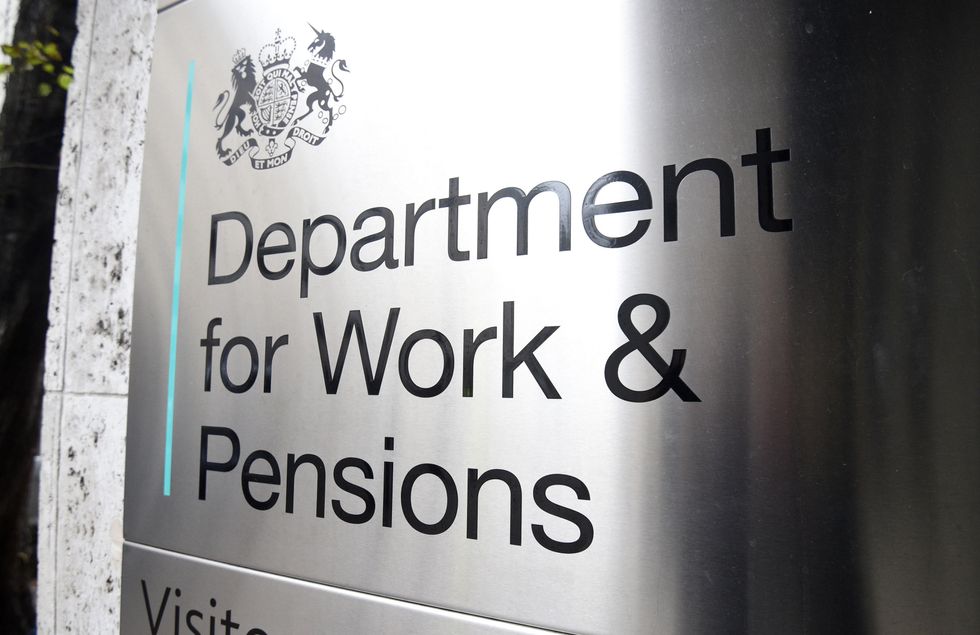Two million Brits could receive £1,500 in benefits if Department for Work and Pensions lose High Court battle

Kirsty O'Connor

Millions on legacy benefits could receive as much as £1,500 if the Department for Work and Pensions loses an ongoing legal battle in High Court.
During the pandemic, Brits on Universal Credit were given an additional £20 a week to help them.
However, close to two million households did not receive the same support as they were on the legacy benefits system, a scheme that is being phased out and replaced by Universal Credit.
These include personal independence payments, Jobseeker's Allowance and Employment and Support Allowance.
Disabled welfare claimants are protected from being put onto the Universal Credit scheme after fears their welfare payments would drop as a result.
Two individuals took the DWP to court in November 2021, saying that the treatment was not fair and they should be entitled to the same sum of money.
The result of the case could see millions across the UK receive payments amounting to as much as £1,560.
This sum is equal to the 12-month period from March 2020, worth £1,040 a year, plus £560 paid over Chancellor Rishi Sunak’s 6 month extension.
The court is still waiting to hear the court’s decision.
One of the law firms involved, the Doughty Street Chambers said: "It is not unusual that in a case of this type and importance for many hundreds of thousands of people that judgment takes some time."
Even if the court rules in favour of the two individuals, there is no guarantee that there will be a payout.
A DWP spokesperson told The Sun: “It has always been the case that claimants on legacy benefits can make a claim for Universal Credit if they believe that they will be better off.
"We do not comment on specific legal matters.”
It comes as the Government has been accused of back pedalling by Labour over promises to cut VAT on energy bills amid rising costs.
Communities Secretary Michael Gove pledged to “look at a range of options” in order to help those struggling.
But he avoided questions on whether the Government would consider cutting VAT in order to help billpayers, despite saying during the Brexit referendum that leaving the EU would allow the country to do so.
Writing in The Sun in 2016, Mr Gove and the Prime Minister promised fuel bills would “be lower for everyone”.
They wrote: “In 1993, VAT on household energy bills was imposed. This makes gas and electricity much more expensive… when we Vote Leave, we will be able to scrap this unfair and damaging tax.”
On Monday, Mr Gove said support must be targeted to those who need it most.
But Labour’s shadow climate change and net zero secretary Ed Miliband, said: “Broken promises don’t pay the bills.
“Both Boris Johnson and Michael Gove promised to cut VAT on energy bills. But when push comes to shove, when families and pensioners really need support, they’ve broken that commitment.
“While Michael Gove back-pedals, Rishi Sunak is missing in action.”
Mr Gove said it was important to “look at a range of options” and said there was already support in place.